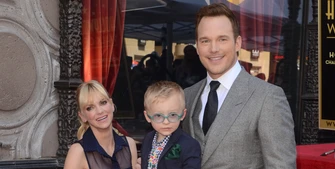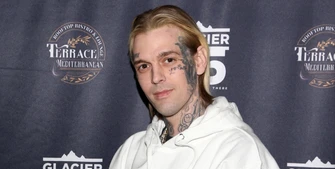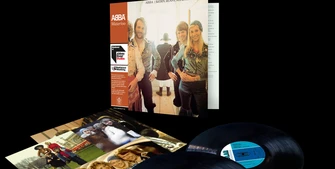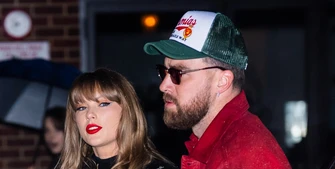Let them be! Sir Paul McCartney used Beatles’ lyrics to urge Russian president Vladimir Putin to release Greenpeace activists
A new BBC documentary on the Arctic Sunrise oil rig protest reveals Sir Paul McCartney used The Beatles’ lyrics to urge Russian president Vladimir Putin to free the Greenpeace activists arrested over the demonstration in the Pechora Sea.
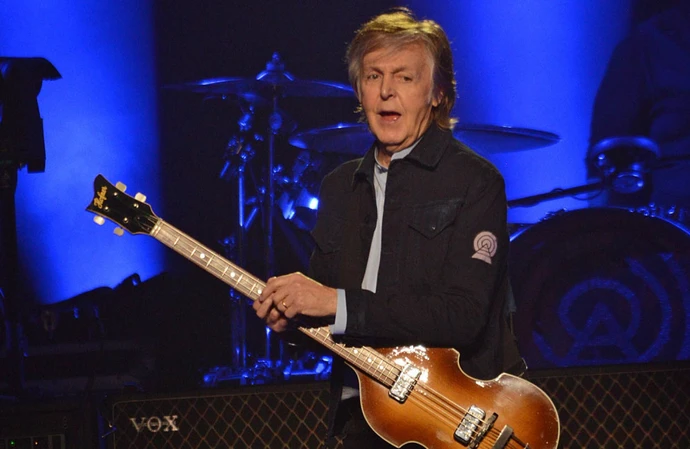
Sir Paul McCartney used The Beatles’ lyrics to urge Russian president Vladimir Putin to free Greenpeace activists.
The ‘Let It Be’ singer, 81, wrote to the 71-year-old despot as part of a campaign to release eco-activists charged with piracy in 2013 after they mounted a protest against a floating oil rig in the Pechora Sea on their Arctic Sunrise vessel.
A new BBC documentary titled ‘On Thin Ice: Putin V Greenpeace’ reveals Sir Paul wrote to Putin as part of the row that erupted after 28 campaigners and two freelance journalists were detained by Russia.
The singer wrote: “Forty-five years ago I wrote a song about Russia for The White Album, back when it wasn’t fashionable for English people to say nice things about your country.
“That song had one of my favourite Beatles lines in it: ‘Been away so long I hardly knew the place, gee it’s good to be back home.’
“Could you make that come true for the Greenpeace prisoners?”
The six-part BBC series will also feature unseen footage from during and after the protest as well as interviews and reconstructions.
Sir Paul has been a long-time backer of Greenpeace and supported its Save The Arctic campaign among other campaigns.
He also previously met Beatles fan Putin for tea in the Kremlin when he performed in Red Square in 2003.
Sir Paul’s other campaigning letters include a series of messages to Russian
authorities demanding the release of punk band and feminist protest group, Pussy Riot, whose members served two-year sentences for “hooliganism motivated by religious hatred”.
Their convictions followed a performance in the Cathedral of Christ the Saviour in Moscow of a song protesting against Putin’s brutal rule.
Sir Paul said in one of his letters: “I have had a long relationship with the Russian people, and, with this in mind, I am making the following request in a spirit of friendship for my many Russian acquaintances who, like me, believe in treating people – all people – with compassion and kindness.”

